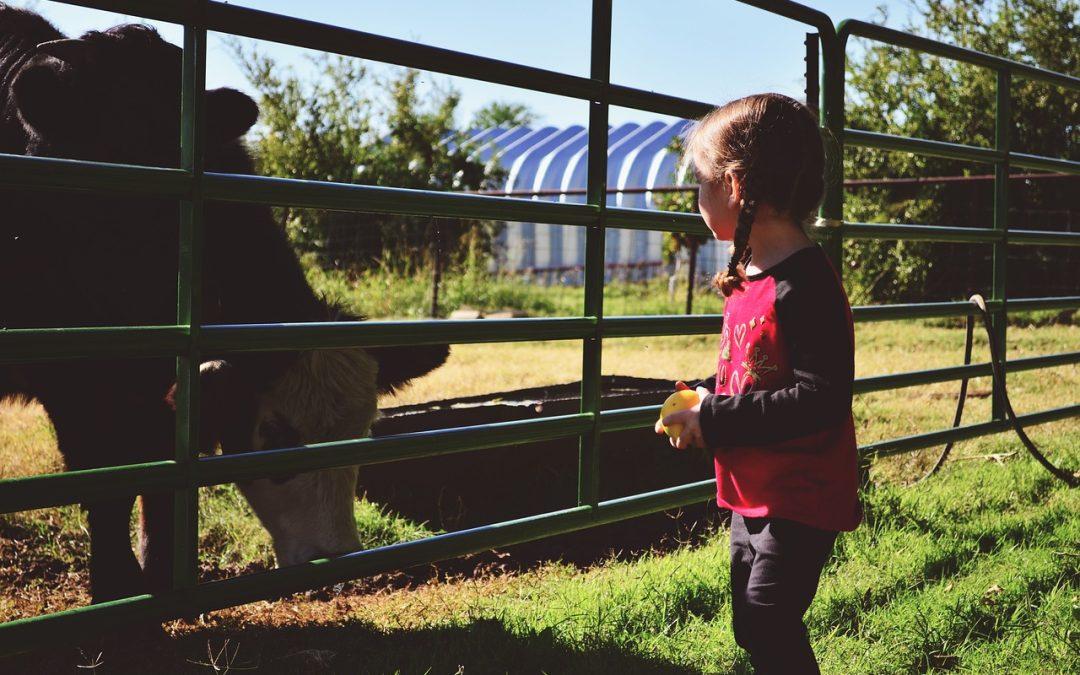Homeschooling offers the wonderful advantage of taking learning beyond traditional classroom walls, allowing parents to enrich their children’s education through engaging experiences like field trips. Educational field trips can be a powerful tool for reinforcing academic concepts and nurturing a holistic understanding of the world. In this blog post, we’ll discuss the importance of incorporating field trips into your homeschooling routine and offer ideas for enriching trips suitable for different age groups.
Field trips provide a hands-on, real-world context to what children are learning in their curriculum. They bring textbooks to life, fostering a deeper understanding of various subjects. Additionally, field trips stimulate curiosity, critical thinking, and social skills as children interact with their surroundings and each other.
Choosing the Right Field Trip for Your Child’s Age Group
Preschool and Early Elementary
Zoos and Animal Sanctuaries: Young children are captivated by animals. A trip to a zoo or animal sanctuary introduces them to diverse wildlife, enhancing their understanding of different species and habitats.
Farm Visits: Interactive visits to farms provide insight into agriculture, animals, and the farm-to-table process.
Upper Elementary
Botanical Gardens: Explore the beauty and diversity of plants, teaching kids about biology, ecology, and environmental awareness.
Local Museums: Visit science, history, or art museums to spark curiosity and enhance knowledge in specific subjects.
Middle School
Science Centers: Interactive science centers offer hands-on experiments and exhibits, reinforcing scientific concepts.
Historical Sites: Visits to historical landmarks or museums enrich history lessons, making past events more tangible and engaging.
High School
Industry Tours: Arrange visits to local businesses, factories, or technology companies to provide insights into potential career paths and practical applications of academic knowledge.
College Tours: Explore university campuses to introduce higher education possibilities and motivate academic goals.
Maximizing the Learning Experience
Preparation: Before the trip, introduce the topic and objectives to your child. Encourage them to research and prepare questions to ask during the visit.
Engagement: Actively engage your child during the trip. Encourage them to take notes, ask questions, and participate in any interactive activities offered.
Post-Trip Reflection: After the trip, discuss what was learned and how it connects to their studies. Encourage them to create a project, presentation, or report based on their experience.
Safety and Planning
Safety First: Prioritize safety by choosing reputable and safe venues. Always adhere to safety guidelines and protocols during the trip.
Planning Logistics: Plan the trip meticulously, including transportation, entry fees, and any necessary permissions. Consider the weather and other factors that may affect the trip’s success.
Chaperones and Grouping: Depending on the number of children, consider arranging chaperones to assist in supervising and guiding smaller groups.
Encouraging Active Participation
Interactive Discussions: Engage your children in active discussions during the trip. Encourage them to voice their observations, opinions, and what they’ve learned.
Hands-On Activities: Look for opportunities for hands-on experiences, experiments, or interactive demonstrations during the trip.
Photo Journaling: Encourage your children to document the trip through photos, sketches, or journal entries. This can serve as a valuable memory and a basis for post-trip projects.
Post-Trip Projects and Follow-Up
Project-Based Learning: Assign projects related to the trip. This could be a presentation, a report, a diorama, or an artistic representation showcasing what they’ve learned.
Field Trip Journal: Create a field trip journal where your child can record their favorite parts of the trip, interesting facts, and any new discoveries.
Follow-Up Activities: Extend the learning by incorporating the trip experiences into your curriculum. Connect the trip’s lessons with subsequent lessons, creating a continuous educational journey.
Make it a Regular Occurrence
Scheduled Field Trip Days: Set aside specific days or weeks for field trips in your homeschooling calendar. Children will eagerly anticipate these days and understand that learning goes beyond textbooks.
Rotate Topics: Rotate the topics of field trips to cover various subjects and interests, keeping the learning experience fresh and exciting.
Encourage Critical Thinking and Reflection
Thought-Provoking Questions: Encourage your child to think critically by asking open-ended questions during the trip. For example, “Why do you think this happened?” or “How could this be improved?”
Reflective Journals: Ask your child to maintain a journal where they jot down their thoughts, emotions, and reflections about the trip. This helps in processing the experience and consolidating the learning.
Incorporate Multidisciplinary Learning
Integrate Multiple Subjects: Choose field trips that allow the integration of various subjects. For instance, a visit to an art museum combines art appreciation with history and culture.
Cross-Curricular Learning: Encourage connections between what your child is studying across subjects and what they observe during the field trip. Highlight how concepts learned in one subject apply to another.
Foster Social Interaction and Team Building
Group Activities: Arrange group activities during the field trip to encourage teamwork and collaboration. This enhances social skills and allows children to share their perspectives.
Discussion Forums: Create post-trip discussion forums or meet-ups with other homeschooling families to share experiences and insights, fostering a sense of community and social interaction.
Plan a Variety of Trips
Outdoor Adventures: Organize trips to parks, nature reserves, or botanical gardens to instill an appreciation for nature and the environment.
Cultural Excursions: Visit cultural landmarks, attend cultural festivals, or explore heritage sites to broaden your child’s understanding of different cultures and traditions.
Science Expeditions: Explore science museums, planetariums, or botanical gardens to spark interest in the sciences and stimulate curiosity about the natural world.
Community Service Outings: Engage in community service outings, like volunteering at a local shelter or organizing a neighborhood clean-up. This teaches empathy, compassion, and the importance of giving back to the community.
Document and Share the Experience
Create a Scrapbook or Digital Presentation: After the trip, work with your child to create a scrapbook or digital presentation featuring photos, captions, and highlights from the trip.
Share with Loved Ones: Encourage your child to share their experiences with family and friends, showcasing what they’ve learned and the exciting adventures they’ve had.
Educational field trips are a powerful tool in the homeschooling toolkit, allowing children to engage with the world around them in a meaningful way. By incorporating a variety of field trips tailored to your child’s age and interests, you’ll enrich their learning experiences and foster a lifelong love for exploration and discovery. Happy field tripping!


Recent Comments